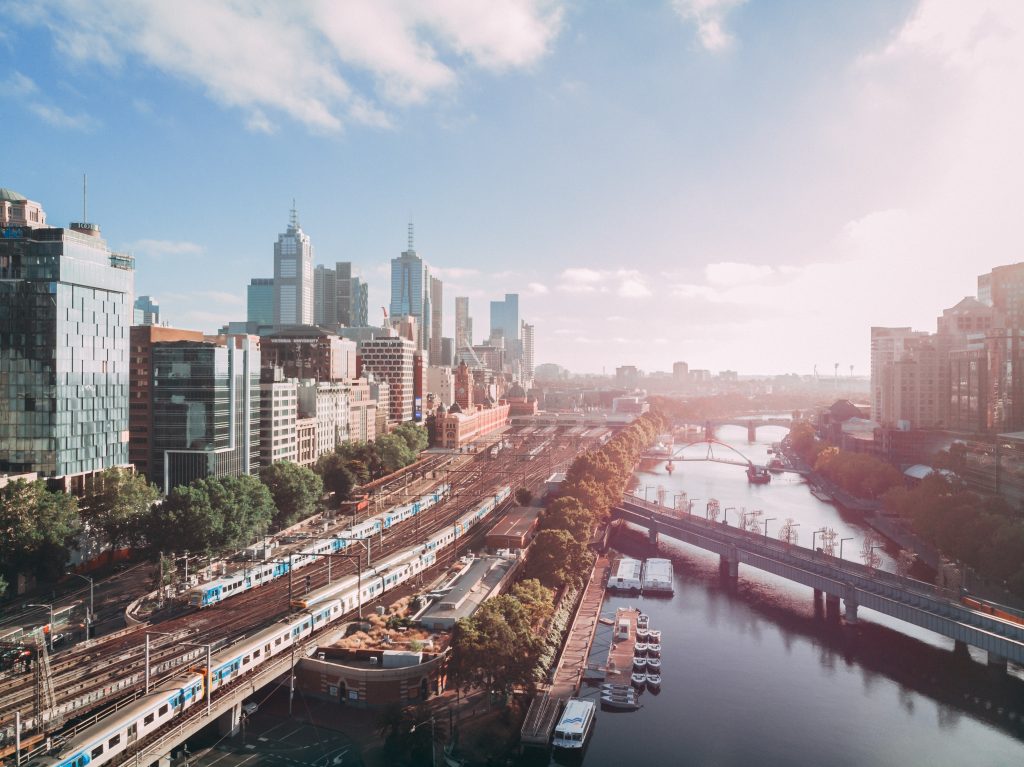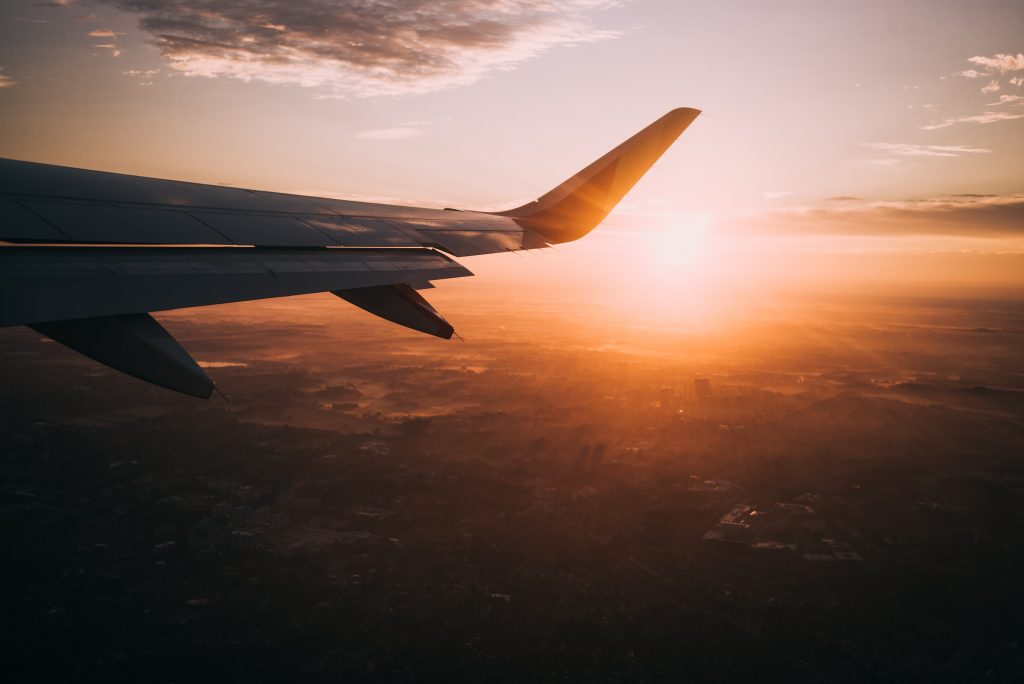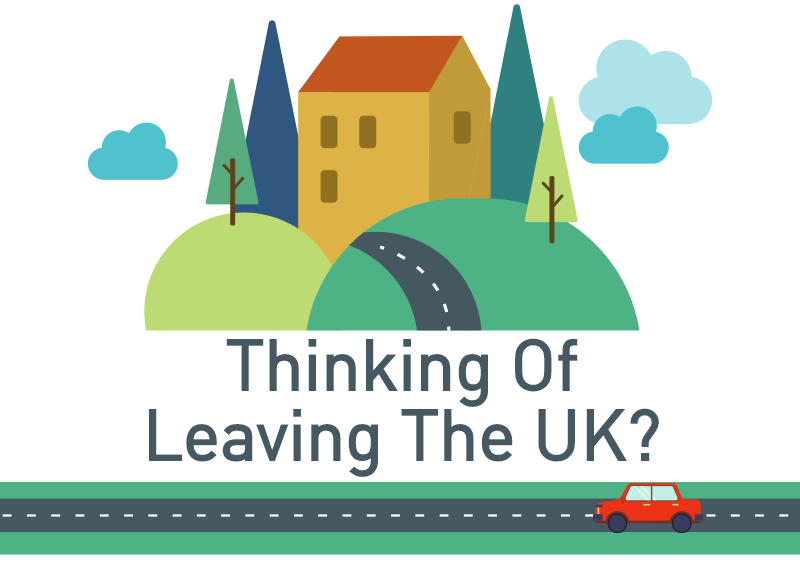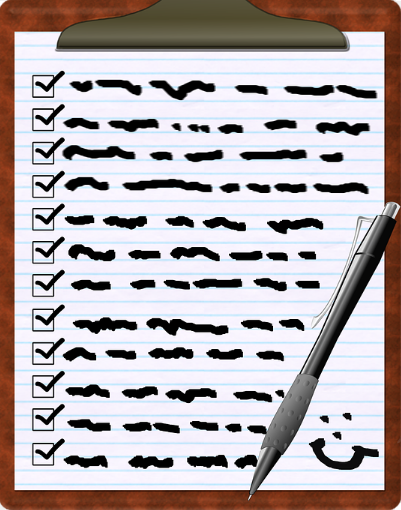
For travellers with a disability, finding a travel destination that’s accessible can be challenging. To help you find your next destination, we’ve compiled a list of locations around the world that are disabled friendly and accessible.
San Diego
Most parts of the USA are relatively accessible due to the disabilities act placed 30 years ago. However, our favourite destination is San Diego. Most of the infrastructure is accessible, and they also offer a fully accessible trolley system around the area. They have plenty of attractions that are wheelchair friendly, including their historic Gaslamp Quarter and San Diego Zoo. If you’re looking for a summer type of holiday, their beach area is ideal as it’s fully accessible, and they even offer motorised wheelchairs available for hire.
Manchester
Most areas in the UK are disabled friendly. However, one of the most accessible cities in the UK is Manchester. The walking paths in the city were rebuilt back in the 90s; shops were built with step-less entrances with smooth pavements throughout. It’s perfect for anyone who requires mobility.
The public transport all around the UK and the city is fully accessible. If you prefer long walks and nature, you can visit the peak district national park. It’s an hour away from Manchester and offers accessible facilities.
Melbourne

Melbourne has one of the best accessible public transport systems, making it one of the most accessible places in the world. Many of their attractions and necessities around the city are fully accessible, including their restaurants and accommodation. They are continuously building more attractions in the city with accessible facilities.
Singapore
Travelling to Asia can be difficult for travellers with disabilities as many countries in Asia aren’t accessible yet. However, Singapore is currently the only country in Asia that’s fully accessible. Many of Singapore’s infrastructure and buildings are built with step-less access. More renovations and attractions in the city are currently being improved and built with accessibility in mind.







